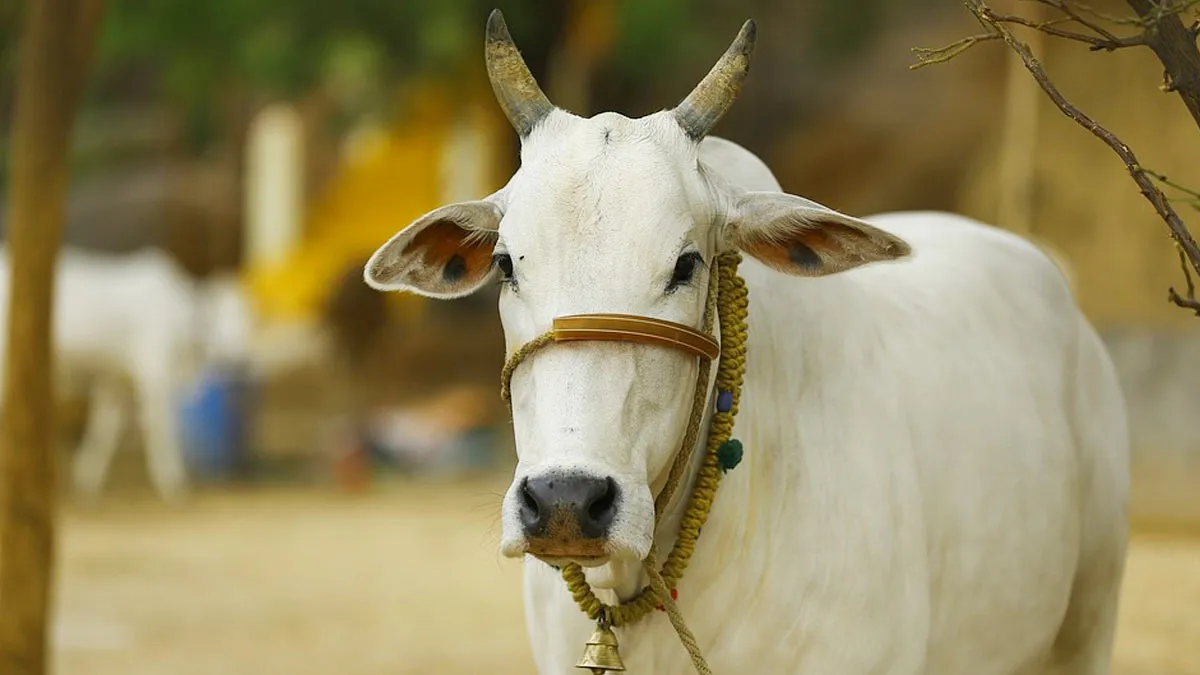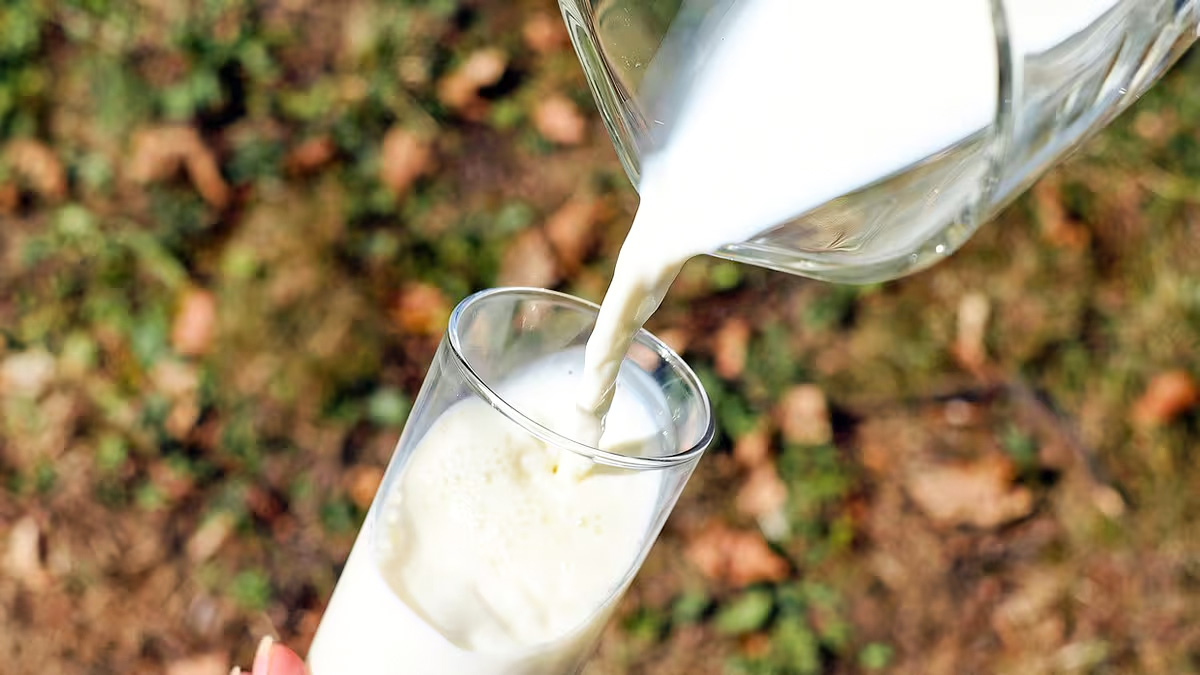
A shocking and rare case of rabies transmission has emerged from Greater Noida, Delhi-NCR, where a woman tragically lost her life after reportedly consuming milk from a rabies-infected cow. The incident has raised concerns about the potential risks of consuming unpasteurised dairy products from infected animals and has sparked discussions about public health awareness regarding rabies transmission.
Table of Content:-
The Tragic Incident
The woman, whose identity has not been disclosed, reportedly consumed milk from a cow that had been infected with rabies after being bitten by a stray dog. According to reports, she did not take any precautionary measures after consuming the milk. Within a few days, she began exhibiting symptoms of rabies, a fatal viral infection that affects the nervous system.

In an attempt to save her, the woman’s family took her to multiple hospitals. However, reports suggest that several hospitals refused to admit her due to the severity of her condition. A district hospital allegedly advised the family to take her home, where she succumbed to the disease shortly afterward.
Also Read: Noida To Roll Out HPV Vaccine Drive For Girls
Can Rabies Spread Through Milk Consumption?
The transmission of rabies through milk consumption remains a topic of debate among medical experts. According to the National Centre for Disease Control (NCDC), Directorate General of Health Services, Ministry of Health & Family Welfare, Government of India, there is no solid laboratory or epidemiological evidence to confirm that rabies can be spread through consuming milk or dairy products from an infected animal. Therefore, post-exposure prophylaxis (PEP) is generally not recommended in such cases. However, some past studies and international health agencies suggest that while the risk is extremely low, it cannot be completely ruled out.

What Does Research Say?
The Centers for Disease Control and Prevention (CDC) has documented cases of potential rabies exposure through the consumption of unpasteurised milk from infected animals. In 1998, the Virology Laboratory of the Massachusetts Department of Public Health (VLMDPH) reported a case linked to a farm in Worcester County, USA, where a rabies-infected cow’s milk led to potential mass exposure. Another similar case was reported in 1996, further fueling discussions about the safety of consuming raw milk from potentially infected animals.
Also Read: Spike In Paediatric Pneumonia Cases In Bengaluru—Doctors Warn Of Rising Infections
A report by the Indian Council of Agricultural Research (ICAR) also highlights that consuming unpasteurised milk from an infected cow may increase the risk of rabies exposure. The virus, if present in the milk, might pose a threat, particularly if it comes into contact with open wounds or mucous membranes.

How to Prevent Rabies Infection
While there is no strong evidence to confirm the spread of rabies through milk, it is always advisable to take precautionary steps:
- Avoid consuming raw or unpasteurised milk from animals with unknown health conditions.
- Vaccinate domestic animals against rabies to reduce transmission risks.
- Report stray animal bites and seek immediate medical attention.
- If exposed to a potentially rabid animal, seek post-exposure prophylaxis (PEP) immediately, which includes a series of rabies vaccines that can prevent the virus from progressing.
Bottomline
The tragic case from Greater Noida serves as a grim reminder of the importance of rabies awareness and prevention. While rabies is primarily transmitted through animal bites, rare cases like this highlight the need for further research into alternative transmission routes. Ensuring proper food safety, widespread rabies vaccination, and timely medical intervention can help prevent such unfortunate incidents in the future.
Also watch this video
How we keep this article up to date:
We work with experts and keep a close eye on the latest in health and wellness. Whenever there is a new research or helpful information, we update our articles with accurate and useful advice.
Current Version
